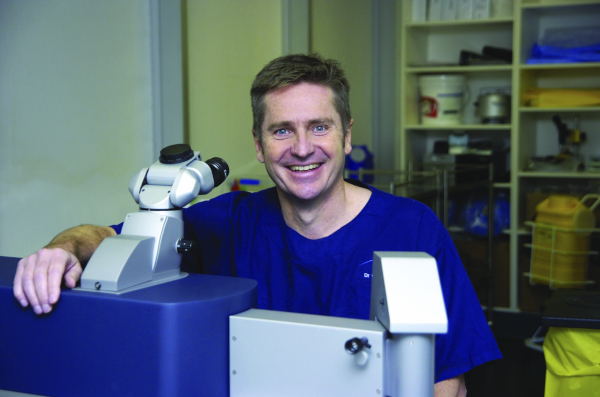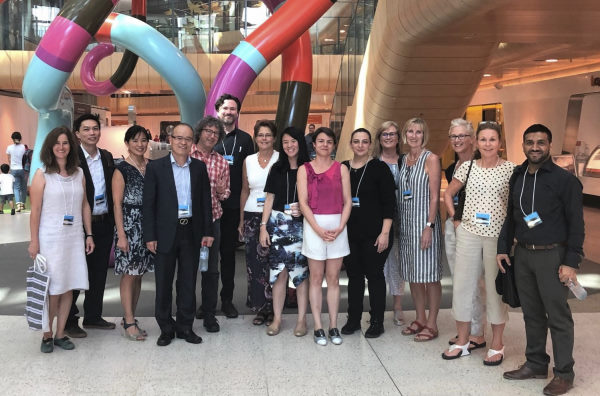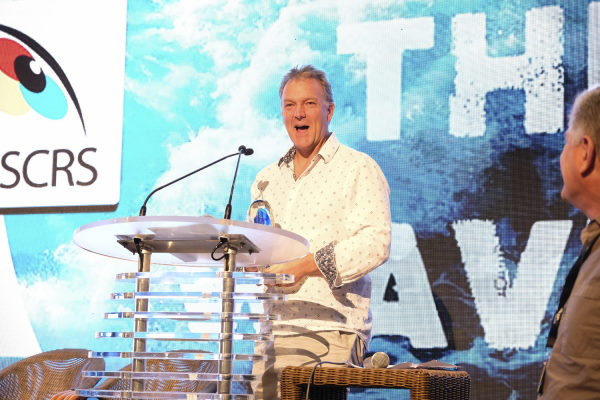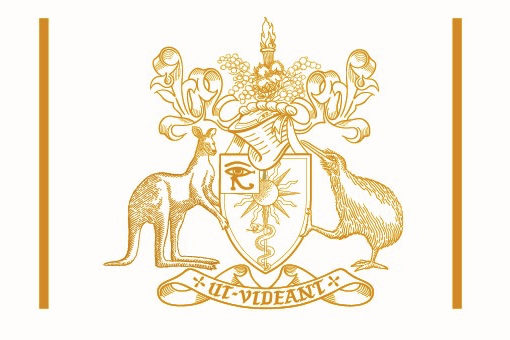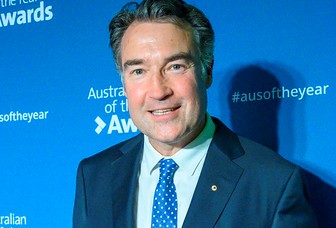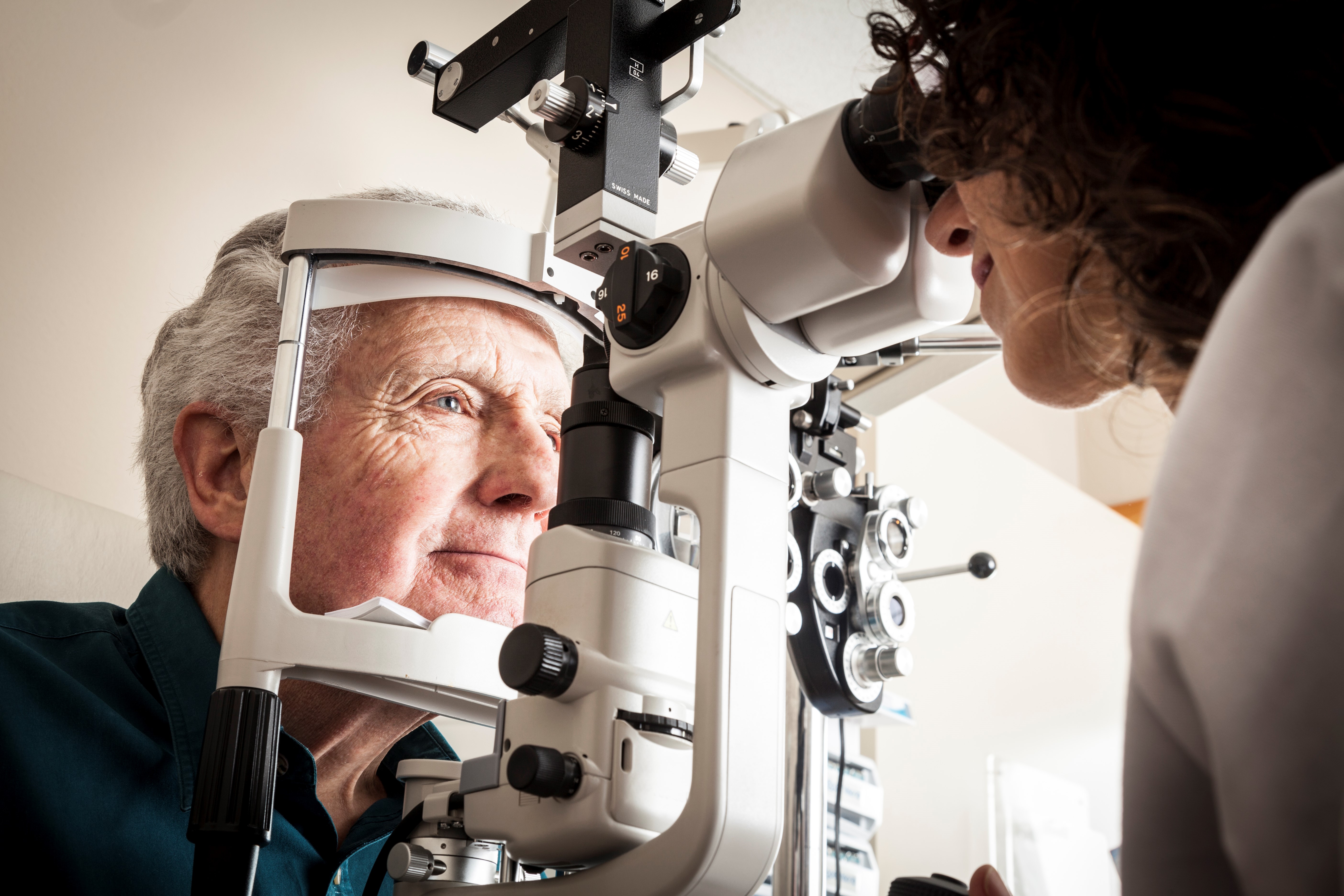RANZCO NZ: In sight of 2020
The Royal Australian and New Zealand College of Ophthalmologists (RANZCO) New Zealand Branch Annual Scientific Meeting 2019 is one of the most important meetings in the new Zealand ophthalmic calendar. The meeting is unique in that it is attended by two specialist groups, as it incorporates the New Zealand Ophthalmic Nurses Group meeting, with plenary speakers targeted to all attendees and concurrent streams focusing on each specialty. The theme for the 2019 meeting is, In sight of 2020: a brave new world or a world in crisis? Collaboration, working smarter, applying technology and tackling the patient tsunami together.
The programme
The programme includes short presentations, 5, 10 or 20 minutes long, with question and answers from the floor at the end of each session. Socially, a welcome function will be held in the sponsor's area of the Pullman Hotel, on the Thursday evening from 5.30-7.30pm. Entry is included in the registration fee. A breakfast will be held on Friday 10 May in the sponsors’ area, while the meeting dinner will be held that night, also at the Pullman Hotel. Tickets for the latter can be purchased on registering.
A wealth of local and international speakers are taking part in the 2019 RANZCO NZ meeting. Here we speak to three of the international speakers about why they chose eye health and what they are most looking forward to from their trip to New Zealand.
Professor Gerard Sutton
Professor Gerard Sutton holds the Douglas Chair in clinical ophthalmology and eye health at Sydney University. He’s also head of the corneal unit at Sydney Eye Hospital, a medical director of Lions NSW Eye Bank and a visiting professor at the University of Medicine Mandalay, Myanmar. He was chief ophthalmologist at the Sydney Olympics 2000 and established the world’s first degree in refractive surgery at Sydney University in 2010. In 2018 he was awarded a grant of more than A$1 million and the inaugural Sydney Research Innovation award for the ‘iFixPen’
Why corneal and refractive surgery?
I was actually doing neurology but after a term I hadn’t actually cured anyone. Realising I needed a clearer outcome, my boss at the time suggested ophthalmology. That is the beauty of ophthalmology! I wanted to work in Wagga Wagga, but my wife had other ideas. I knew to stay in Sydney I would need fellowship training and cornea and cataract appealed to me, and I was lucky enough to complete three years in Sydney, Moorfields and St Thomas.
What’s most exciting on the horizon?
Definitely corneal bioengineering. We’re working on several bioengineered products in Sydney and cross-pollinate ideas with Auckland, which is among the world-leading centres.
What are you hoping for from RANZCO NZ?
As a presenter, I always try to give a balanced position on issues, backed-up by selected evidence that suits my argument… and try to have a bit of fun! I’m looking forward to catching up with my kiwi friends: they are an eclectic, intelligent and friendly bunch.
And from coming to New Zealand?
I am part kiwi but I don’t usually admit that in polite company! I was involved in the Dunedin course for 12 years and Gordon Sanderson introduced me to the fly fishing rivers of Southland. I love Central Otago pinot noir and am continually being educated by Rod and Mirani Keilor and their award-winning Black Quail. I also love rugby but it’s not easy being an Australian at present, especially in enemy territory. I played my last game of contact rugby in Auckland in 2011 in what was supposed to be a Masters’ game. Mark Ella and a few retired All Blacks were on our side so Auckland stacked their team with some Super 15 players. I was concussed and decided to hang up my boots, but am in raging active denial of getting old, which may be why I ran the New York marathon last year!
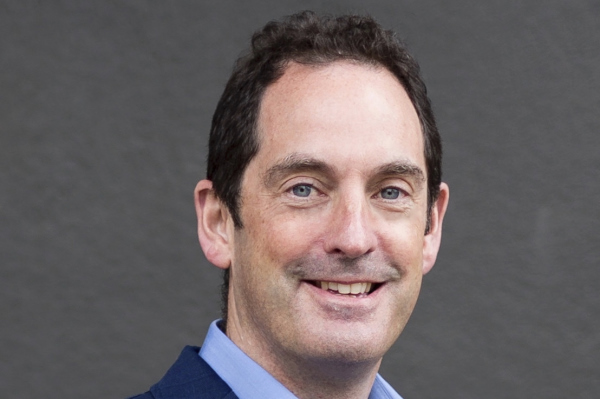
Professor Keith Martin
Professor Keith Martin is the Ringland Anderson Chair of Ophthalmology and new director of the Centre for Eye Research Australia (CERA) based at the University of Melbourne, and president of the World Glaucoma Association. Formerly the head of ophthalmology at the University of Cambridge and deputy director of the University’s John van Geest Centre for Brain Repair, he is working to develop new treatments for eye disease using stem cells, gene therapy and other techniques.
Why ophthalmology?
I have always been interested in neuroscience but was rather frustrated by the lack of effective treatments for many neurological conditions and the lack of opportunity to do surgery. I realised ophthalmology had a fantastic mix of medicine and surgery, lots of toys to play with and treatments that could make a massive difference to people’s quality of life.
What’s happening in this field?
The speed of progress in ophthalmology is amazing. We have better tools to assess the structure and function of the living eye than any other part of the body, and new technologies are bringing revolutionary treatments to our patients. That is very exciting! Gene therapy has the potential to make a huge difference to how we treat a whole variety of different eye diseases in the future, including glaucoma.
What other interests do you have?
I am a keen pianist but I also enjoy sailing, windsurfing, tennis, cycling and skiing. In New Zealand, I’m looking forward to catching up with friends, learning some new things and seeing a a few beautiful places around Auckland hopefully!
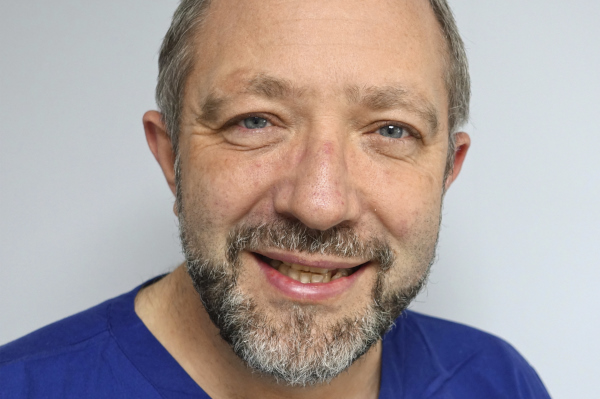
John Cooper
John Cooper is an advanced nurse practitioner with the Manchester Royal Eye Hospital. He has introduced several innovations into practice, including the role of nurses in temporal artery biopsy, and has a post-graduate masters degree in clinical research from Manchester University. He’s been involved in developing national guidance and policy and is a board member of the International Ophthalmic Nurses Association
Why the ophthalmic nursing?
Once I saw my first cataract surgery, I was instantly hooked. I have been a qualified ophthalmic nurse for 27 years and still love the specialty as it continues to inspire and fascinate me.
What is your particular interest?
Oculoplastics; I recently became an advanced nurse practitioner (ANP) within the specialty, which has opened the door to new challenges, especially within the realms of surgery. I’ll explain more about this and the opportunities it is providing me with, when I come to NZ.
What else will you share with delegates?
Advances in clinical nurse practice within the UK have been quite diverse and expansive. I hope to discuss some of those within oculoplastics, in particular in relation to our temporal artery biopsy service. Also, I want to share my work on patients’ experiences coping with, using and wearing orbital prostheses, and my thoughts on caring for patients who undergo enucleation surgery.
What are you most looking forward to?
It’s my first time in the southern hemisphere and I believe you are a very warm and welcoming bunch, so I can’t wait to meet and compare practices and gain a taste of your beautiful country. In my spare time, I really enjoy exploring wildlife and I am well aware that New Zealand has its fair share of wonderful flora and fauna. Also, given it’s my first time in this part of the world, an opportunity to embrace some of the culture will be exciting.









